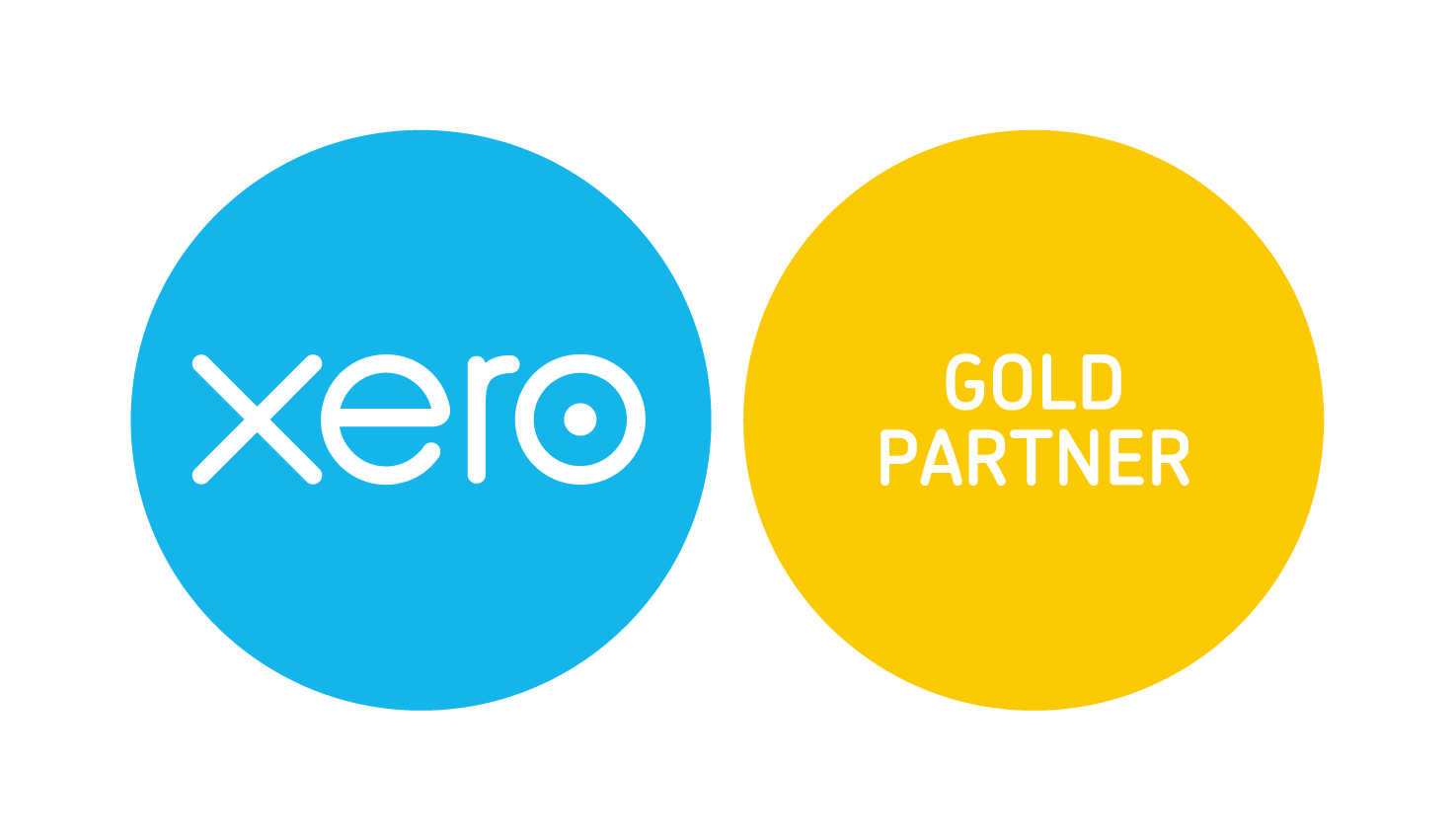Using your own vehicle in the business
- If you are a sole trader or in a partnership and you use your own vehicle in the business, you can claim the running costs for income tax.
- If you use the vehicle strictly for business only, you can claim the full running costs, without making any adjustments.
- If you use the vehicle to travel from home to work, or any personal travel, you will need to separate the running costs of your vehicle between business and private use. (Travel between home and work is not classed as business use.)
To work out the business share of running costs, you must keep a logbook for at least three months every three years. You will need to record the distance, date and reason for the trip in the logbook. You can use the difference between the odometer readings at the start and end of the three months to work out the percentage of vehicle expenses you can claim.
Example
Sometimes Ross has to use his own car for his plumbing business. The details Ross recorded in his logbook are as follows.
Total distance travelled in three months: 2,610 km.
Distance travelled for business 360 km.
360 / 2610 = 13.8%
Ross can claim 13.8% of his vehicle expenses as a business expense.
- You can use the result of your three months' recording to claim the business share of your vehicle expenses over the next three years, provided your business use of the vehicle does not change by more than 20%.
- You should still keep records of the total vehicle running costs and record the total distance travelled for the income tax year.
- If you do not keep a vehicle logbook you may claim up to 25% of the vehicle running costs as a business expense. However, you could be asked to substantiate the percentage claimed.
- Alternatively, you may use Inland Revenue mileage rates to make a claim on your vehicle.
When a company owns a car, it claims all the expenses without making a private use adjustment. However, the company must pay fringe benefit tax if the vehicle is available for employees' or shareholder-employees' private use. The company will also have to calculate GST on the fringe benefit.
Condition of use: The above material has been extracted from Inland Revenue sources and is protected by Crown Copyright.






